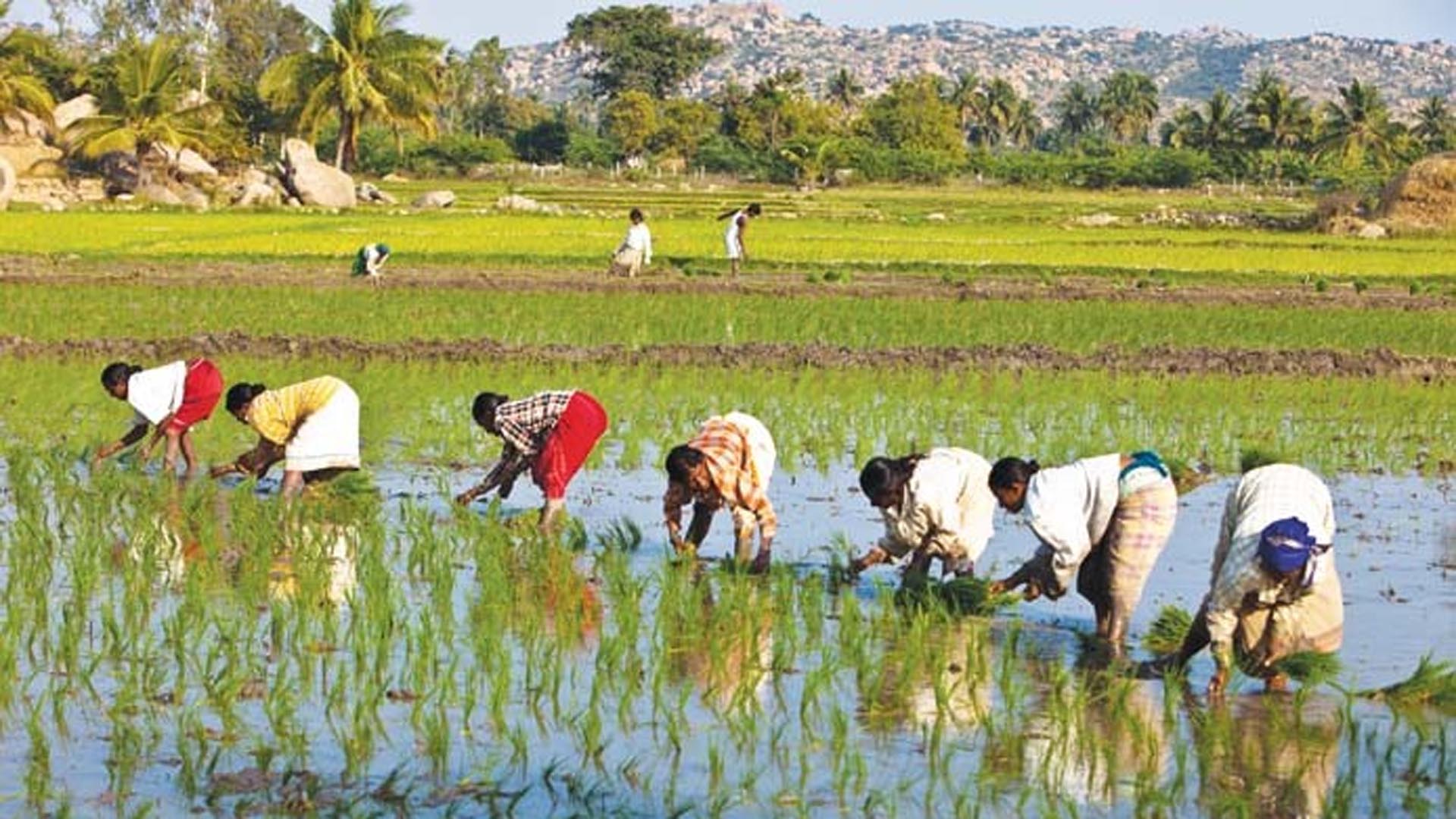

 Agriculture in Bangladesh- Sustaining a Nation, Confronting Challenges, and Pioneering Future Growth
Agriculture in Bangladesh- Sustaining a Nation, Confronting Challenges, and Pioneering Future Growth
Introduction: Agriculture stands as the cornerstone of Bangladesh’s economy, not only contributing significantly to its GDP but also being the primary source of livelihood for a substantial portion of its population. With its fertile lands and strategic irrigation systems, Bangladesh has witnessed steady growth in food grain production despite challenges like adverse weather conditions. However, the sector faces multifaceted challenges ranging from environmental issues to population pressures, necessitating innovative solutions for sustainable growth. This article delves into the current state of agriculture in Bangladesh, its primary crops, challenges, and potential avenues for future development.
Dominance of Agriculture: In Bangladesh, agriculture reigns supreme, constituting 14.2 percent of the GDP in 2017 and employing over 42.7 percent of the workforce. The significance of this sector transcends mere economic metrics, impacting crucial macroeconomic objectives such as poverty alleviation, food security, and human resource development. A plurality of Bangladeshis depends on agriculture for their sustenance, making it an integral part of the nation’s fabric.
Primary Crops and Production: Rice and jute have historically been the primary crops of Bangladesh. However, in recent years, the cultivation of maize and vegetables has gained prominence, aided by the expansion of irrigation networks. Bangladesh’s fertile soil and ample water supply allow for three rice harvests annually in many regions, making rice production a cornerstone of its agricultural output. Notably, Bangladesh ranks third globally in rice production, with an output of about 39.1 million tonnes in 2023. Additionally, the country boasts significant production levels of potatoes, tropical fruits, jute, and farmed fish, further diversifying its agricultural portfolio.
Challenges and Concerns: Population pressure poses a significant challenge to Bangladesh’s agricultural productivity, exacerbating food deficits, particularly for crops like wheat. Underemployment remains a pressing issue, necessitating the absorption of additional manpower within the agricultural sector. Moreover, environmental concerns such as insecticides, water management challenges, pollution, and land degradation threaten the sustainability of agricultural practices. Bangladesh’s vulnerability to climate change further compounds these challenges, necessitating urgent adaptation measures to safeguard food security and mitigate risks.
Animal Agriculture and Commodity Crops: The poultry farming sector in Bangladesh has witnessed substantial growth, with investments pouring in to meet the rising demand for meat and eggs. However, challenges like disease outbreaks and market fluctuations pose ongoing risks to the industry’s stability. Shrimp farming, despite its potential, faces hurdles related to low yields and market competitiveness. Additionally, Bangladesh’s tea industry, rooted in its colonial past, continues to thrive, contributing significantly to global tea production. Initiatives to promote coffee cultivation and cashew nut production reflect efforts to diversify the agricultural landscape and tap into new revenue streams.
Future Outlook and Conclusion: As Bangladesh navigates the complex terrain of agricultural development, a holistic approach that addresses both immediate challenges and long-term sustainability is imperative. Investments in research and innovation, coupled with policy interventions aimed at enhancing productivity and resilience, can propel the agricultural sector towards greater prosperity. Embracing technological advancements, promoting climate-smart practices, and fostering inclusive growth opportunities are pivotal in ensuring a resilient and thriving agricultural landscape for generations to come. Bangladesh’s agricultural journey is a testament to the resilience and ingenuity of its people, underscoring the pivotal role of agriculture in shaping the nation’s future.